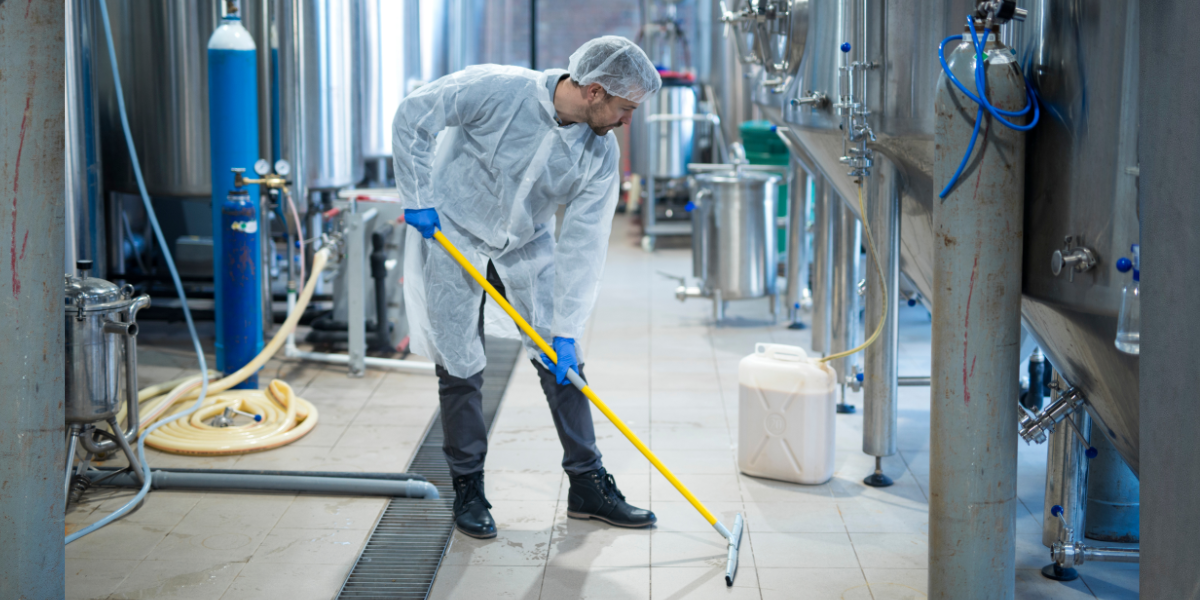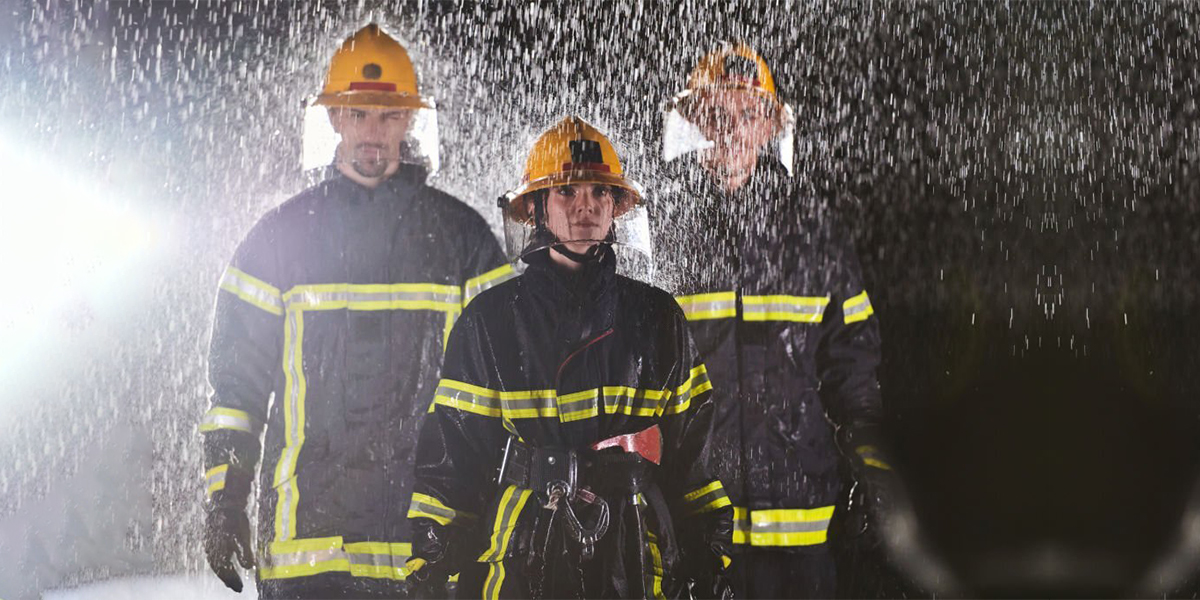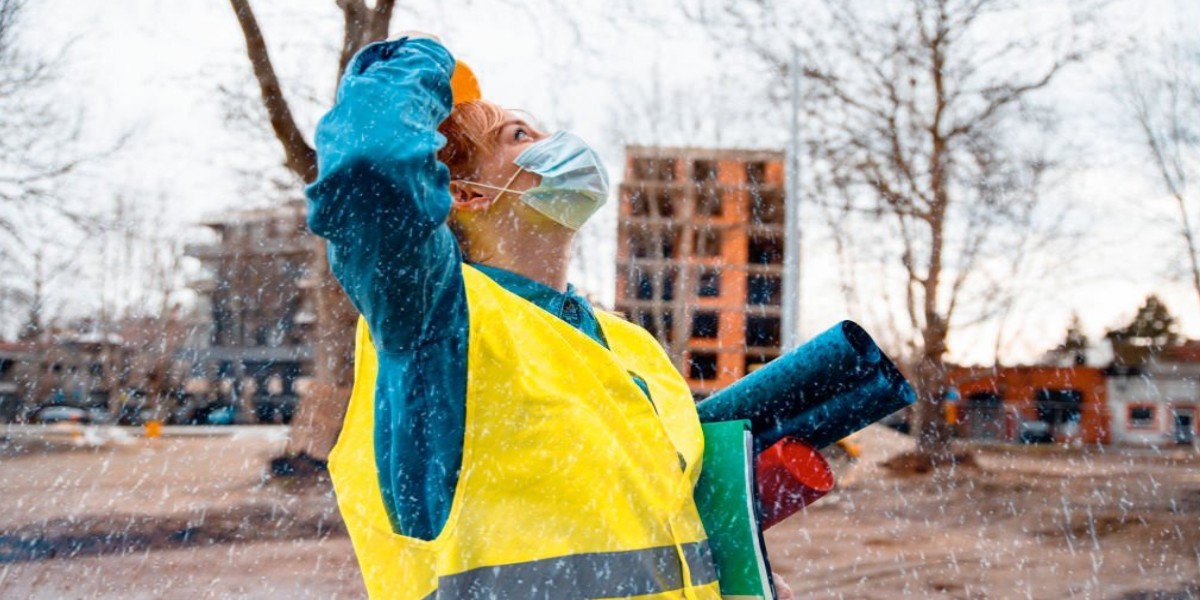Industrial housekeeping for creating better and safer workplaces

Surprisingly, industrial housekeeping appears to be the most doable of safety initiatives. Nonetheless, despite their simplicity, many industrial concerns suffer from poor housekeeping. The most common reason for failing to keep a clean workspace is a lack of time.
“We’re too busy,” or “there’s not enough time to clean,” workers frequently say.
In today’s highly competitive environment, keeping workplaces in tip-top shape is more important than ever.
Despite this reality, most businesses struggle to retain talent while also providing a SAFE, productive, and satisfying workplace. Good industrial housekeeping not only expedites production and protects workers, but it also boosts morale and increases profitability.
Profitability is the goal of Industrial Housekeeping. Similarly, a clean, organized workplace produces happy, productive teams and environments.
Workplace that is productive
One should owe it to their own bottom line to be extremely efficient when time is money. A clean, well-organized workspace is essential for teams to stay focused on results.
Let’s face it, we all waste too much time looking for things because they are easily misplaced or we become complacent and don’t think about where they should go, especially when we need them quickly. For maximum efficiency, we must sort and organize our items methodically.
Construction and manufacturing are highly time-sensitive industries.
A crew that spends any amount of time looking for tools, materials, or supplies, or worse, suffering productivity loss due to an injury, is not adding value to the company or our clients.
Wellness and Health
The statistical data on financial loss resulting from workplace trip-slip-and-fall incidents is staggering! This is primarily due to the additional hazards created and the types of injuries that occur in a complex, messy, dangerous environment. Slip hazards are created by dust piles and oily surfaces.
Unnecessary trip hazards are created by loose materials and tools. As a result, a slip or trip is more likely to result in a fall, resulting in a significant back or head injury, or worse, a fatality.
Again, housekeeping is more than just being “clean,” it is also about being safe.
Create a Team
Our financial success is directly related to our team’s engagement and satisfaction. They come to work hoping to accomplish something and be successful. Dissatisfaction with the amount of time wasted managing.
A cluttered workspace is a distraction that will affect our ability to deliver great products and retain a great team.
This roadblock to success is entirely avoidable and saves time.
On the plus side, when crew members see a consistently polished site and know they can rely on their teammates to take care of shared tools and spaces, our teams become a source of pride for both the individuals and the firm.
Housekeeping IS about keeping things clean! Good housekeeping creates a satisfying workplace, which fosters trust and engagement among team members and helps to retain talent.
When extreme gravity is explained through animation videos, people tend to imitate the very behavior subconsciously as they seem self-explanatory.
Here’s an example –
The Japanese 5S system can be thought of as a forerunner to industrial housekeeping, with the five s’s standing for seiri/sort, seiton/straighten, seis/shine, seiketsu/standardize, and shitsuke/sustain, respectively. Toyota invented 5S in the 1960s, and it has since become an international standard method for workplace organization, particularly in the manufacturing industry.
While keeping things tidy and neatly organized is important, the primary goal of industrial housekeeping is to have a system in place that reduces the amount of dangerous dust, particles, fumes, and other emissions within a facility. Exposure to these substances is frequently indirect, and it can affect far more people than just the operator of a particular machine.
Consider the welding industry, where protective clothing, helmets, and other equipment have long been a safety standard for most welders.
However, a much more recent discovery is the danger posed by welding fumes to a broader range of people, such as visitors and less protected co-workers.
The advantages of industrial housekeeping are numerous and must be emphasized.
Taking care of the actual dust or waste is usually not a problem. Convincing customers of the importance of a dependable cleaning system, on the other hand, can be difficult. While awareness of industrial housekeeping and its benefits is unquestionably growing, despite its global expansion, it remains primarily a Western phenomenon.
Many parts of the world still clean their workplaces with brooms and dustpans, which means that while the larger particles are collected, the smaller ones are frequently stirred up into the air.
When speaking with operators and site managers, we tend to emphasize improvements in worker health, workplace safety, and production quality, as well as a lower risk of dust combustion and a reduced need for maintenance (thus minimizing downtimes).
Furthermore, some of the waste generated by industrial housekeeping, such as metal shavings or wood waste, can be reused or sold.
Increasing customer awareness necessitates safer, more efficient solutions.
Industrial housekeeping methods differ greatly between industries and countries.
Nonetheless, the overall trend is clear: industrial housekeeping is becoming a more common phenomenon, which also corresponds to a broader, global trend in which industries and facilities are becoming safer and more sustainable.
New technology, combined with stricter regulations on emissions and workplace safety, has resulted in more common and technologically advanced industrial housekeeping.
Our EHS animation videos mention this critical aspect “Housekeeping is not an “additional” service; it is a successful business strategy. It is also the foundation for all other aspects of safety and productivity daily.”



Industrial housekeeping is crucial for creating safer and more efficient workplaces. By keeping the workplace organized and free of clutter, hazards can be identified and eliminated, and employees can work in a clean and safe environment. Regular housekeeping practices, such as sweeping and cleaning up spills, can also reduce the risk of accidents and injuries. Good industrial housekeeping helps to create a positive and productive work environment and should be a priority in all workplaces.